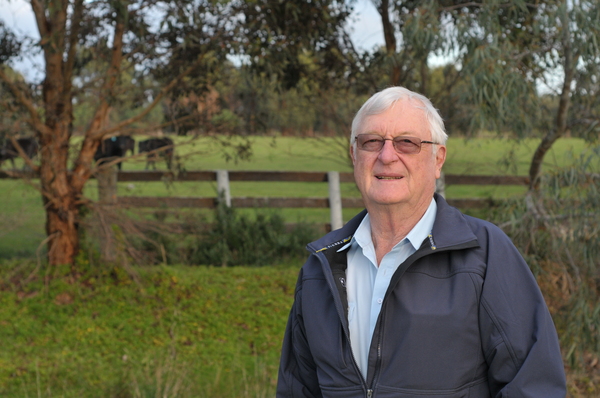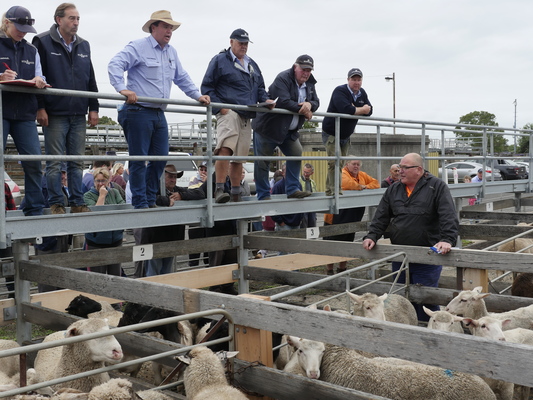A multi-million-dollar sale of Geelong Saleyards has moved a step closer after councillors this week agreed to appoint a committee for advice on “transition strategies”.
The saleyards move demonstrated that the new council was willing to “engage in complex issues” that had been “around for some time”, Mayor Bruce Harwood said.
The sale could provide a financial windfall as council confronts a projected $125 million debt, inherited from state-appointed administrators.
Members of the previous sacked council wanted to sell the saleyards and use the proceeds to repay debt after a 2014 report valued the site at $5.4 million.
The saleyards, in North Geelong amid residential areas, were also costing council $200,000 a year as use dwindled and needed a seven-figure upgrade to stay open.
In 2015 the council voted to work with neighbouring municipalities on an alternative site for the saleyards but progress faltered when the Andrews Government sacked the councillors in 2016.
The replacement administrators then grappled with the issue for almost 12 months amid pressure from the farming community.
The administrators initially closed the yards temporarily in September 2016 then adopted the sacked council’s strategy of a “staged withdrawal“ pending further consultations.
The administrators eventually decided to permanently close the 149-year-old facility to sheep and cattle sales in August last year.
The new council, elected in November, moved the sales process forward this week when it voted to appoint the committee for advice on future “livestock exchange” and hygiene issues.
The committee would give council “an opportunity to evaluate what comes next after the imminent future sale of the Geelong Saleyards”, Mayor Bruce Harwood said.
“As a group, this council is demonstrating a willingness to engage in complex issues that have been around for some time.
“We hope the community is starting to get a sense of our commitment to listening and taking on board their views and working to get the best outcomes for everyone involved.”
Council’s Tuesday night vote on the saleyards committee also appointed Cr Jim Mason as its chair.
Cr Mason noted how the region’s “rural nature” was changing.
Smaller holdings with a diversity of animals raging from cattle to horses and alpacas now characterised the local livestock sector, he said.
Councillors closing in on Geelong Saleyards sell-off

Digital Edition
Subscribe
Get an all ACCESS PASS to the News and your Digital Edition with an online subscription
Romanis exhibits at NGV
A First Nations woman born and raised on Wadawurrung Country will soon see her artwork on display at the National Gallery of Victoria (NGV)....









